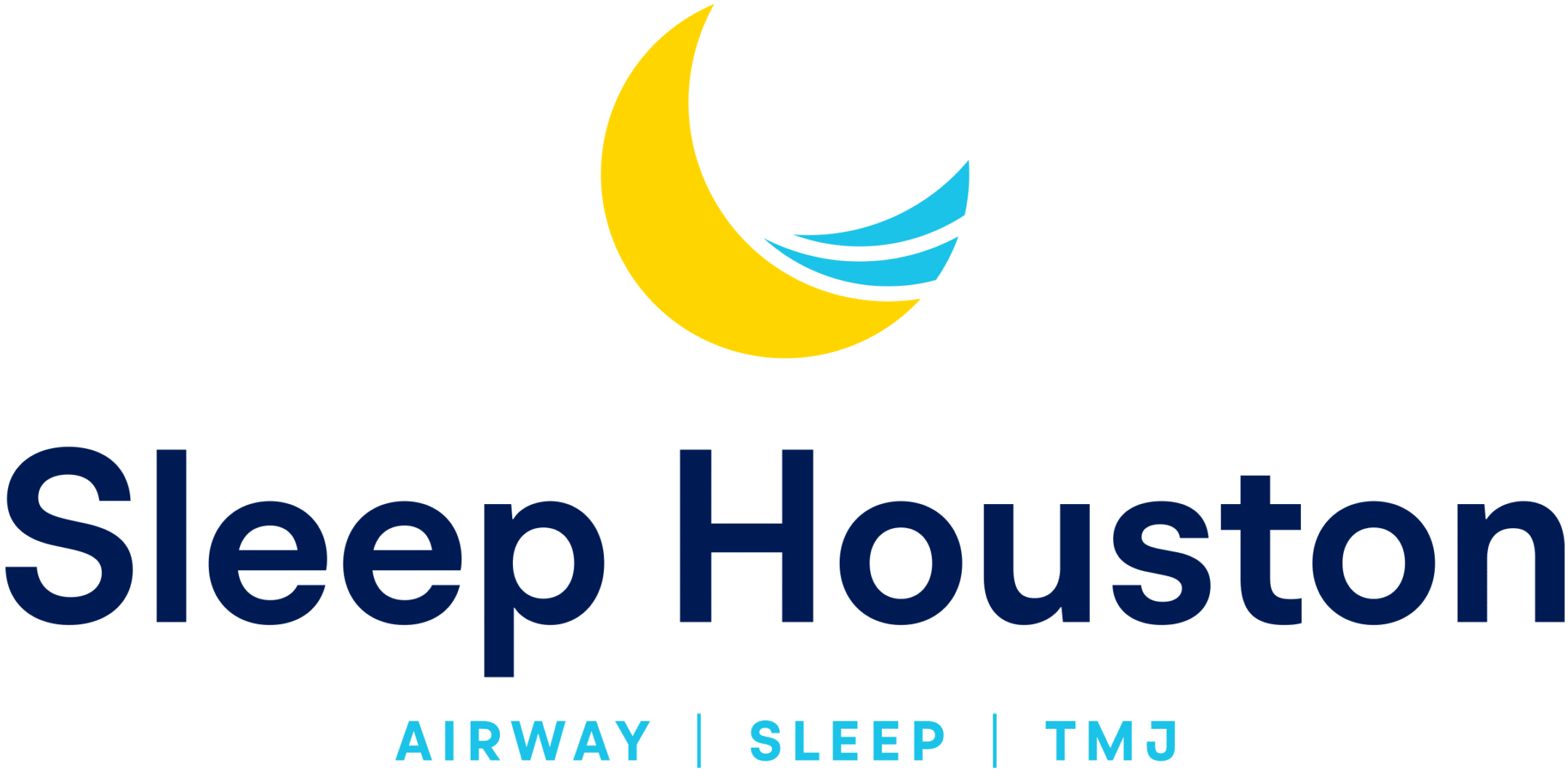The Connection Between Acid Reflux and Sleep Apnea
Understanding the Relationship
The relationship between acid reflux (GERD) and sleep apnea is complex and multifaceted. Studies have shown that individuals with sleep apnea are more likely to experience acid reflux symptoms, and vice versa.
During episodes of sleep apnea, the upper airway becomes blocked, leading to pauses in breathing and drops in blood oxygen levels. These interruptions in breathing can trigger changes in intra-abdominal pressure, causing stomach acid to reflux into the esophagus and throat.
Conversely, acid reflux can exacerbate sleep apnea symptoms by causing discomfort and irritation in the throat, leading to frequent awakenings and disrupted sleep patterns.

